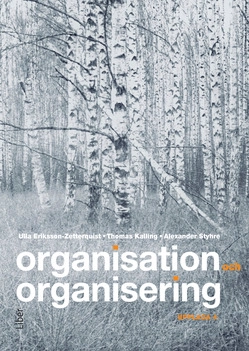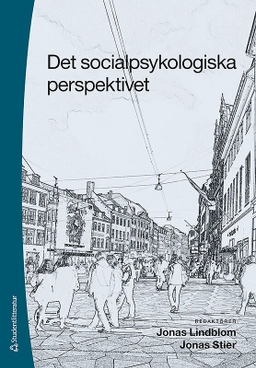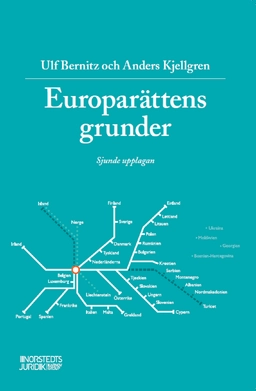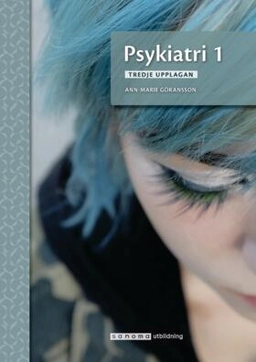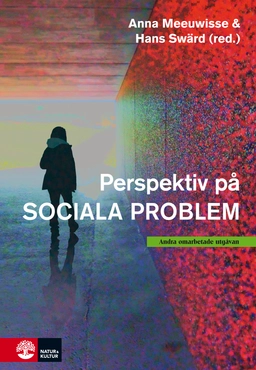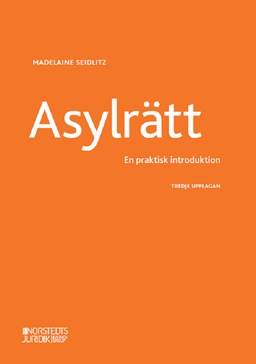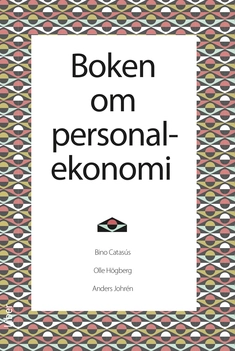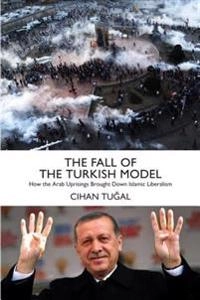

The fall of the Turkish model : how the Arab uprisings brought down Islamic liberalism
- Utgiven: 2016
- ISBN: 9781784783327
- Sidor: 304 st
- Förlag: Verso
- Format: Häftad
- Språk: Engelska
Om boken
Åtkomstkoder och digitalt tilläggsmaterial garanteras inte med begagnade böcker
Mer om The fall of the Turkish model : how the Arab uprisings brought down Islamic liberalism (2016)
2016 släpptes boken The fall of the Turkish model : how the Arab uprisings brought down Islamic liberalism skriven av Cihan Tuğal. Den är skriven på engelska och består av 304 sidor. Förlaget bakom boken är Verso.
Köp boken The fall of the Turkish model : how the Arab uprisings brought down Islamic liberalism på Studentapan och spara uppåt 62% jämfört med lägsta nypris hos bokhandeln.
Referera till The fall of the Turkish model : how the Arab uprisings brought down Islamic liberalism
Harvard
Oxford
APA
Vancouver

